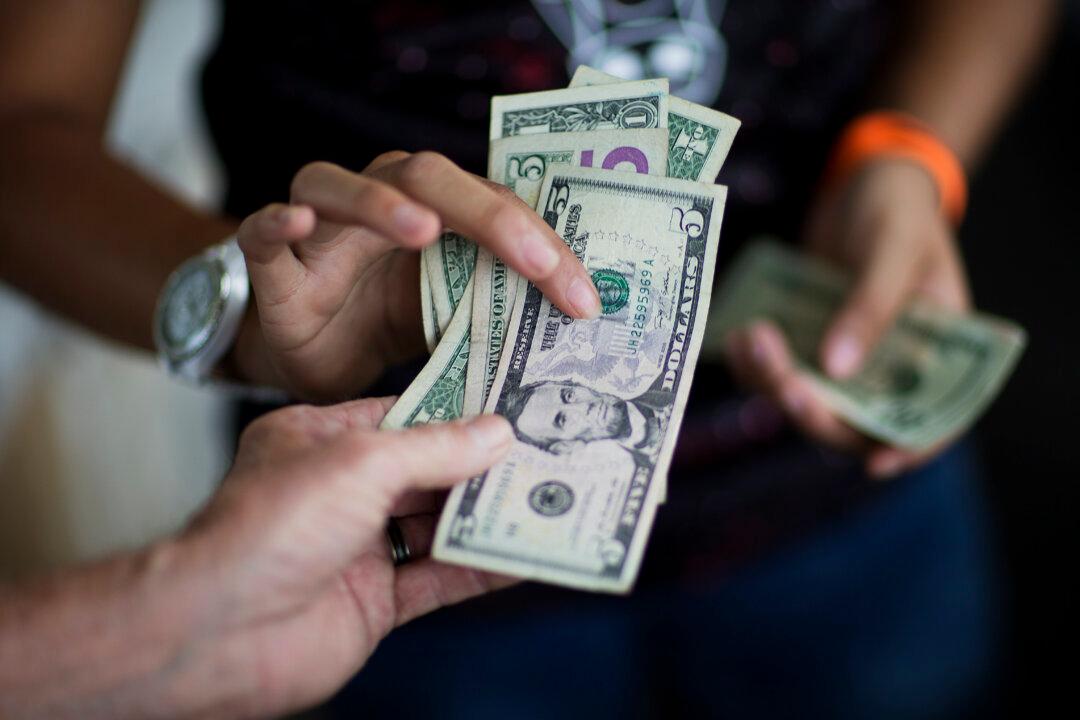An increase in wages amid weak hiring is prompting concern among economists about growing inflation as businesses attempt to entice employees back to work amid the COVID-19 pandemic.
The Labor Department’s August jobs report showed the U.S. economy added a disappointing 235,000 jobs during the month, versus expectations of around 750,000, while the unemployment rate declined by just 0.2 percent to 5.2 percent.




